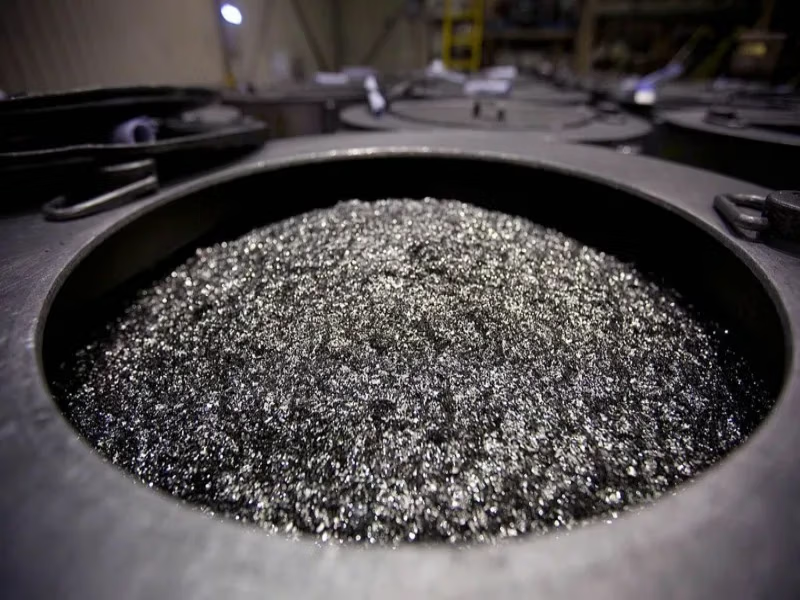China has lifted several of its restrictions on its exports of critical minerals and rare earth minerals to the United States, an indication that a trade truce between the two largest global economies is holding.
The Ministry of Commerce of China announced on Friday that it would lift part of its export restrictions on essential minerals used in military equipment, semiconductors, and other sophisticated sectors of the economy for one year.
The suspended restrictions that were initially implemented on October 9 entail an export ban on some rare elements, lithium battery materials, and processing technologies.
The export relaxations come after U.S. President Donald Trump and Chinese President Xi Jinping discussed the issue in Busan, South Korea, on October 30.
Beijing also lifted retaliatory export measures on gallium, germanium, and antimony, and other so-called super-hard materials, including synthetic diamonds and boron nitrides.
Such steps, announced in December 2024, were seen as a retaliation by Washington for increasing its semiconductor export ban on China.
China defines such materials as “dual-use materials,” which can be utilized in both civilian and military purposes.
In addition to military uses, the critical minerals are utilized in the semiconductor sector and other high-technology industries and sectors that are the core of the U.S.-China trade tensions.
Beijing has also suspended the tougher end-user, end-use verification test on dual-use graphite export to the U.S., which was introduced in December 2024, alongside the broader export ban.
China controls the majority of the world’s production of the most important minerals and rare earth elements, and has applied its export policies more as a negotiating tool in trade disputes.
The U.S. has also made several concessions to China as part of the recent China-U.S. trade deal, which includes reducing tariffs on Chinese imports by 10 percentage points and putting on hold Trump’s heightened “reciprocal tariffs” on Chinese imports until November 10, 2026.
The U.S. will also delay a rule announced September 29, which would have blacklisted majority-owned subsidiaries of Chinese firms on its entity list.






